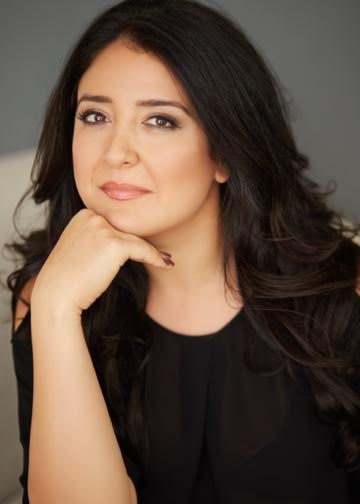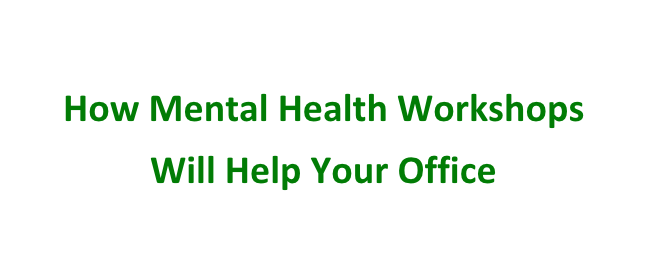Terms like wellness, mindfulness and self-care have been floating around in our cultural vernacular a lot more in recent years. What does mental wellbeing mean in our modern age? We have become a self-aware society. Developmentally, we are right on track in our growth process. We’ve come full circle from the times in which we dwelled in caves and survival was our primary focus.
Humanity has moved through industrialization, inventions our forefathers couldn’t even have dreamed of; we’ve computerized every last element of our daily lives and have created an entirely new reality for ourselves and our future generations.
Life is easier than it was for our great grandparents, but in many ways we have created a new form of hardship for our modern age.
We are wired, connected, over-stimulated and over-scheduled. So now, in response, we step back from it all and look at the landscape; we ask ourselves “what do I need?” And learn what our ancestors already knew. How to be with oneself. How to unplug and disconnect from the minutia. We are learning how to be cavemen, all over again.
What does mental wellbeing mean in our modern age?
We’re constantly asking ourselves that question in our mission toward the elusive concept of “wellness.” While our answers depend on our individual values, we are also likely to have some basic needs that are similar.
Studies have shown that emotional resilience is an indication of better mental health outcomes. Emotional resilience is the ability to recover from difficult circumstances in life without a major effect on one’s ability to function. Resilience isn’t a trait that one has to be born with; it is a tool that all of us have access to that can be sharpened and improved over time.
We have all met people who have survived unfathomable circumstances and still manage to live their lives and do quite well.
Their success in the face of such difficulties is probably not by accident. It is likely that the person made efforts to keep the event in perspective and may have reached out for support from others.
People who are resilient tend to be skilled at finding the take-away in an event; honing-in on what they can learn from this and what they can discover about themselves through the situation. In going back to caveman knowledge, we can guess that they had to be resilient in order to survive. In managing the dangers of life amongst predators, the challenges of scavenging for food and dealing with minimal protection from the elements, cavemen were the kings of resilience.
Stress management is another important aspect of wellbeing.
We are bombarded with responsibilities. As our culture has developed means to make life easier, it has enabled us to take on more. More responsibilities equal more stress.
Managing stress doesn’t mean getting rid of it. The best we can hope for is developing some methods to contain our reactions to it. The American Psychological Association has some recommendations for managing stress that include exercise, meditation, laughter and social connection.
Stress management techniques vary from person to person, but the common denominator is healthy distraction from those things that stress you out. If we reflect back on what the cavemen already knew, we can probably guess that their forms of managing stress were similar; cave drawings show us that they had families, friends and traditions, that they invented entertainment for themselves, just as we have done.
Similarly, these activities helped them create meaning, which is one of the main tenets of resilience.
Mindfulness is a ubiquitous term these days.
There are a ton of ways to be mindful. In fact, there are many different definitions of what it even means. Meditation, attention to one’s breath and surroundings and mindful observation (or focused attention) are just a few ways we are paying more attention to the details around us and within ourselves. Finding ways to be mindful can improve health, as it can be used as a strategy to decrease blood pressure, heart rate and reduce cortisol levels. Were the cavemen mindful?
According to this article on the subject, they didn’t need to be. Have we created a need for mindfulness as a result of our high-strung lives and busy schedules? Buddhists have been using mindfulness as part of spiritual practice since it was developed late in the 6th century B.C.E. We have translated the practice into mental health wellness routines as a result of recognizing the wisdom and benefit of this intentional way of being.
Overall, our emotional intelligence has been under construction.
As we have morphed from one generation to the next, we have built upon what our ancestors knew already. We have created a language for self-care and wellness that didn’t exist in this specific way before now. As a species, we have increased our knowledge-base of how to look after our minds and bodies in these important ways. Now we have the tools and technology to test and hypothesize our ideas.
But, at a primal level we are just advanced cavemen who already had the innate tools that guided us toward self-preservation. Our emotional intelligence has simply enabled us to communicate about it; it has given us an understanding of the human condition that expands our empathy and creates meaning and purpose as we move toward our next stage of evolution.
As we explore our wellbeing and consider ways to take care of ourselves, tools such as this self-care wheel are a useful guide.
We are more than just meat-suits; we have to take care of the varying elements of self, such as mind, body and spirit. Self-care wheel exercises and other resources for expanding consciousness can be a great way to explore these varying parts of self to ensure that we are achieving balance in our lives.
Living with Finesse helps us experience greater satisfaction and pushes us to think of ideas to nurture ourselves in ways we had never considered before.
All of us get bogged down in our daily lives. Most likely there is a significant lack of balance in mind, body and spirit during times when stress is high and energy is low. One of the luxuries that we have, compared to the cavemen, is our ability to sit and ponder the vast possibilities before us. We are in a unique position in our ability to choose from a wide variety of self-care options.
We owe it to the cavemen to pay attention to our needs and take care of ourselves. They dodged a lot of harrowing situations and propagated the species. That’s what allowed us to be here at all, right? It’d be pretty thankless of us to get here and fail to use our cultural wisdom to promote our own survival. So, let’s go meditate, eat a salad and see a friend, shall we? Carpe diem.


